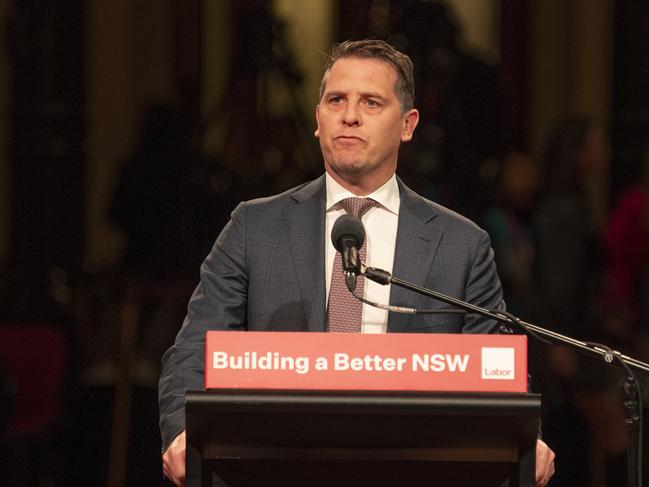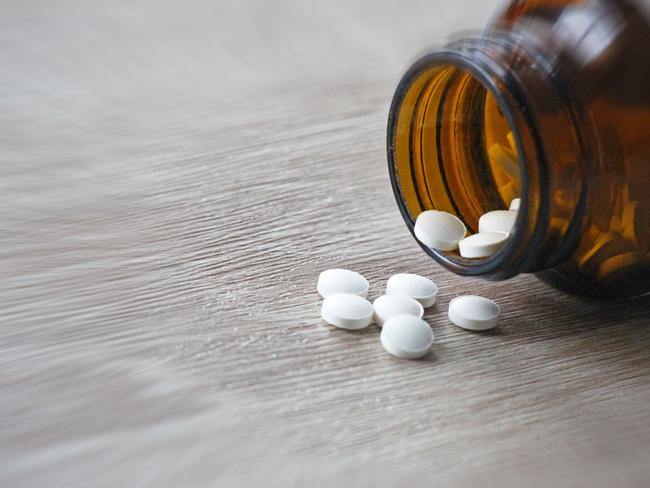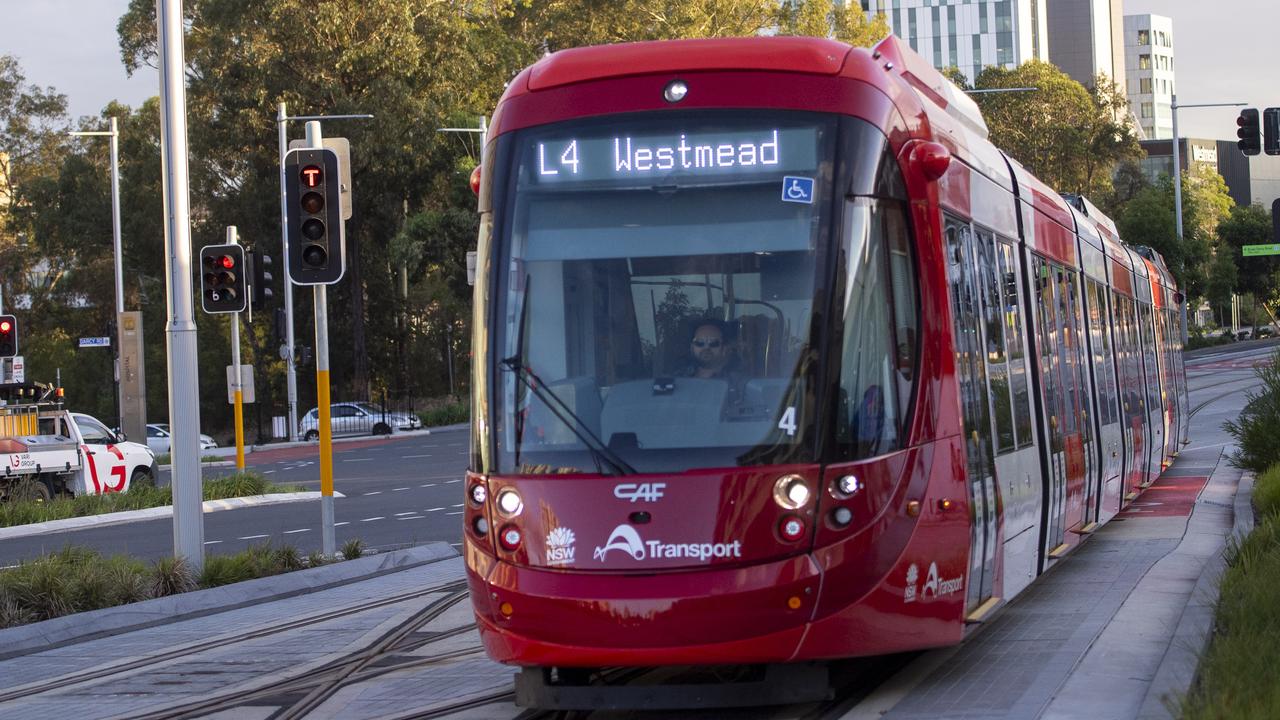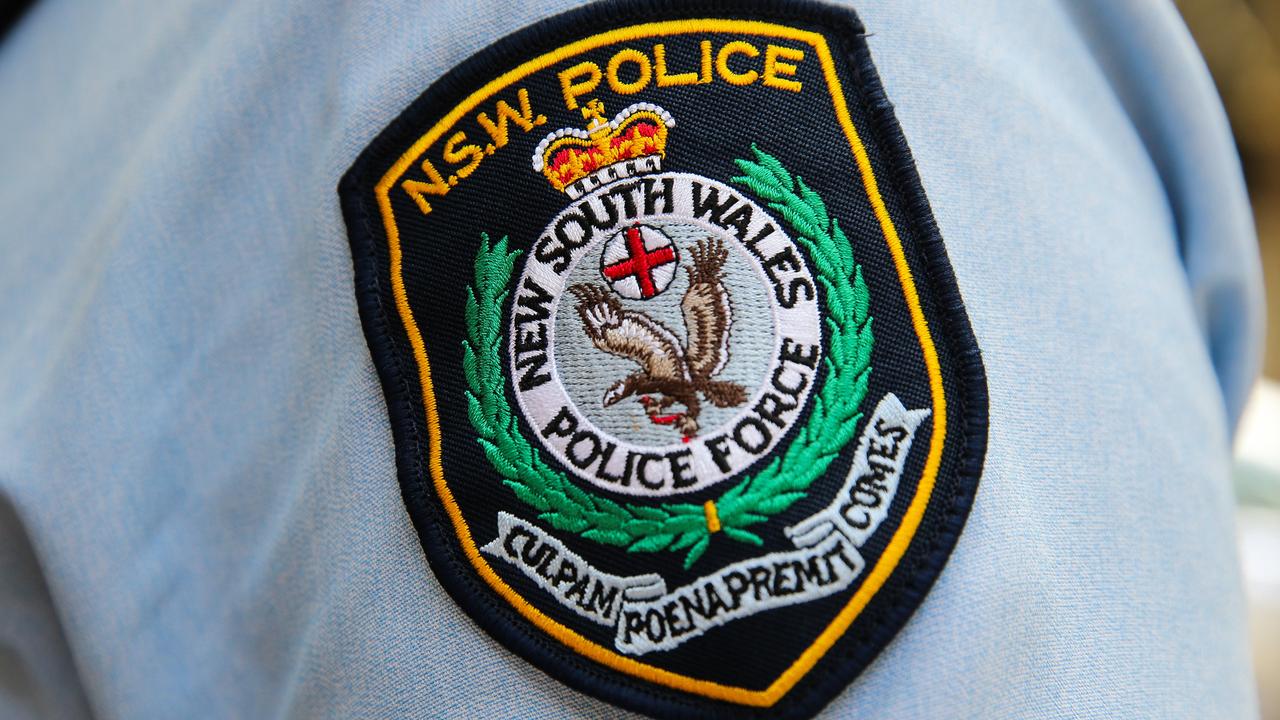‘Listen more than you speak’: NSW Health Minister’s plea as NSW Drug Summit kicks off in Griffith
Experts and politicians have gathered to have a “challenging conversation” about an issue affecting households across the country.

Legislators have been urged to “listen more than you speak” as the long-awaited NSW Drug Summit kicks off.
Led by former NSW Liberal leader John Brogden and former Labor deputy premier Carmel Tebbutt, the summit began in Griffith on Friday,
Experts have been lobbying for drug reform for years, with pill testing tipped to be a hot topic after Victoria committed to a trial over the summer following the success of similar trials in ACT and Queensland.
NSW Health Minister Ryan Park addressed the summit on Friday, revealing it “risky” for the government but an “important conversation”.
“This is a challenging conversation, and I want it to be challenging,” Mr Park said.
“Summits like this always are risky to government, but I’ve said in the lead-up to this, both publicly and privately, this is something I’m looking forward to having a challenging discussion on.
“I would be very concerned if everyone in this room agreed, but I’d also be concerned if people did not engage with this in a deeply meaningful way.”

He urged attendees to keep an open mind during the summit, which will head to Lismore on Monday before two sessions are held in Sydney later in the year.
“I say to the legislators who are here today, please listen more than you speak,” he said.
“Please come to this summit today with an open mind. Be willing to challenge your own thoughts. Be willing to challenge your own assumptions.
“By doing that, you may be opening yourself up to an improved way in which we navigate this difficult public policy area.”
Mr Park said conversations about drug use were already happening across the state.
“Today we continue a conversation about drug use and misuse, but we don’t start a conversation,” Mr Park said.
“Because right here, right now, there are conversations happening at dinner tables, across lounge rooms, at schools, in sporting clubs, with local law enforcement, with local health services at hospitals – basically everywhere about an issue that touches everybody.”

As a father to a 14-year-old, the Health Minister said he’d had conversations about drugs many times with his own family.
“I’ve also had many times in my own family that ‘What would I do?’ moment,” he said.
“I say to parents out there … we’re also aware of the challenge you might be experiencing, dealing with a young person who is beginning to take, use, misuse drugs in a certain way.
“And I say to those parents this forum, this summit, is an opportunity to hear and learn from what you need because that is an important conversation.”
He thanked the experts contributing to the summit as well as those with lived experiences who had “taken this opportunity to share something very personal in order to improve the way in which we help people like you on your journey”.
“I want you to know that this is a safe environment and that all of us respect deeply the commitment that you’ve made to not only look after your own health and wellbeing but, importantly, use your experience to guide others,” Mr Park said.
The state government on Thursday pledged nearly $10m towards drug and alcohol treatment services in the Murrumbidgee region.
New post-custodial support programs, provided by Directions Health and the Riverina Medical and Dental Aboriginal Corporation, will be rolled out with the fresh funding.
Designed to minimise the risk of drug dependency and reincarceration for vulnerable community members and support reintegration into the community, the new programs will be given $3.6m in funding.
Community members will receive support before they leave custody that will flow on for an additional 12 months.
Face-to-face and virtual withdrawal, case management and counselling services provided through Directions Health are set to receive $2m, while $4.24m will be put forth for a counselling service through Karralika for young people as well as a new youth day program.
People aged 12-24 will be eligible for the services, which are expected to support up to 100 people per year.




